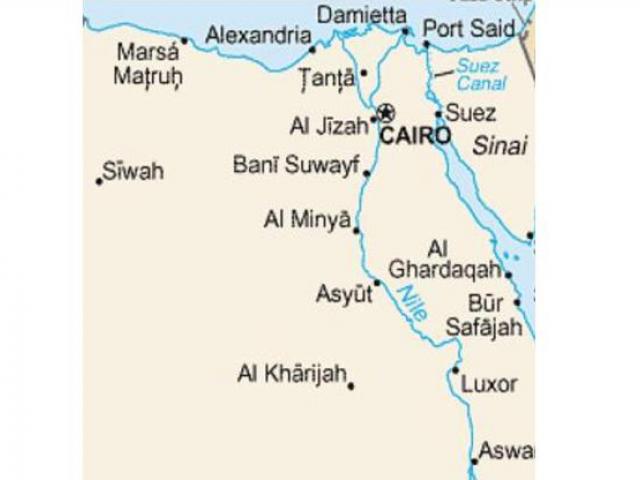
The Egyptian Initiative for Personal Rights Releases a Report on the Law to Combat Trafficking in Persons
Press Release
The Egyptian Initiative for Personal Rights (EIPR) released today a report entitled "Law on Combating Trafficking in Persons: A Welcome Step that Requires Careful Implementation". The report welcomes Law no 64/2010 on Combating Trafficking in Persons as a positive step to address human trafficking crimes, and provides the state with recommendations for the implementation of the law's provisions. The report also calls upon the government to enact the new law's Implementing Regulations in a manner consistent with Egypt's international obligations and fully respecting the human rights and dignity of victims of trafficking.
"The new law, if rightly implemented, represents a real chance to stop Egypt from being a source, transit and destination country for trafficking in persons" said Magda Boutros, EIPR's Researcher on Violence and Bodily Integrity. "However" she added, "in order for it to become an effective tool in protecting victims of human trafficking, it requires comprehensive Implementing Regulations that guarantee the full enjoyment of victims' rights and follow the law's rights-based approach".
Despite the fact that the law stipulates that its Implementing Regulations are to be issued within one month of its adoption, the Regulations have not yet been issued, six months after the adoption of the law by Parliament in May.
The anti-trafficking law guarantees to victims of trafficking certain rights, including the right to physical, psychological and moral integrity and the right to be returned to the country of origin; and places a duty on the state to provide appropriate shelters for victims of trafficking. However, EIPR's report cautions that these rights and guarantees should not result in the infringement of victims' other rights, such as the right to freedom of movement and to seek asylum.
EIPR's report also recommends that the elements of the crime of trafficking should be defined in the Implementing Regulations in accordance with internationally-agreed definitions, taking into account relevant existing Egyptian legislation criminalizing acts related to trafficking crimes, such as the Penal Code, the Child Law and the Organ Transplant Law.
Moreover, the report emphasizes the importance of taking all necessary measures to ensure that victims of trafficking are identified and can benefit from the law's protection. This includes allowing non-governmental bodies to participate in the identification process, as well as offering training to law enforcement officials on how to identify victims and refer them immediately to support services.
Furthermore, the new law could offer protection for domestic workers, as it criminalizes trafficking for purposes of exploitation in forced services and slavery-like practices. The EIPR however reiterates its long-standing call to amend the Labor Code to extend protection from all forms of violence and abuse to domestic workers.
Finally, the report concludes with recommendations to the government for future steps, and urges the government to develop a national plan of action that sets out strategic objectives, responsibilities of all stakeholders, measurable indicators as well monitoring and evaluation tools, a recommendation given to Egypt by the United Nations Special Rapporteur on Trafficking in Persons.
To read the report click here.



